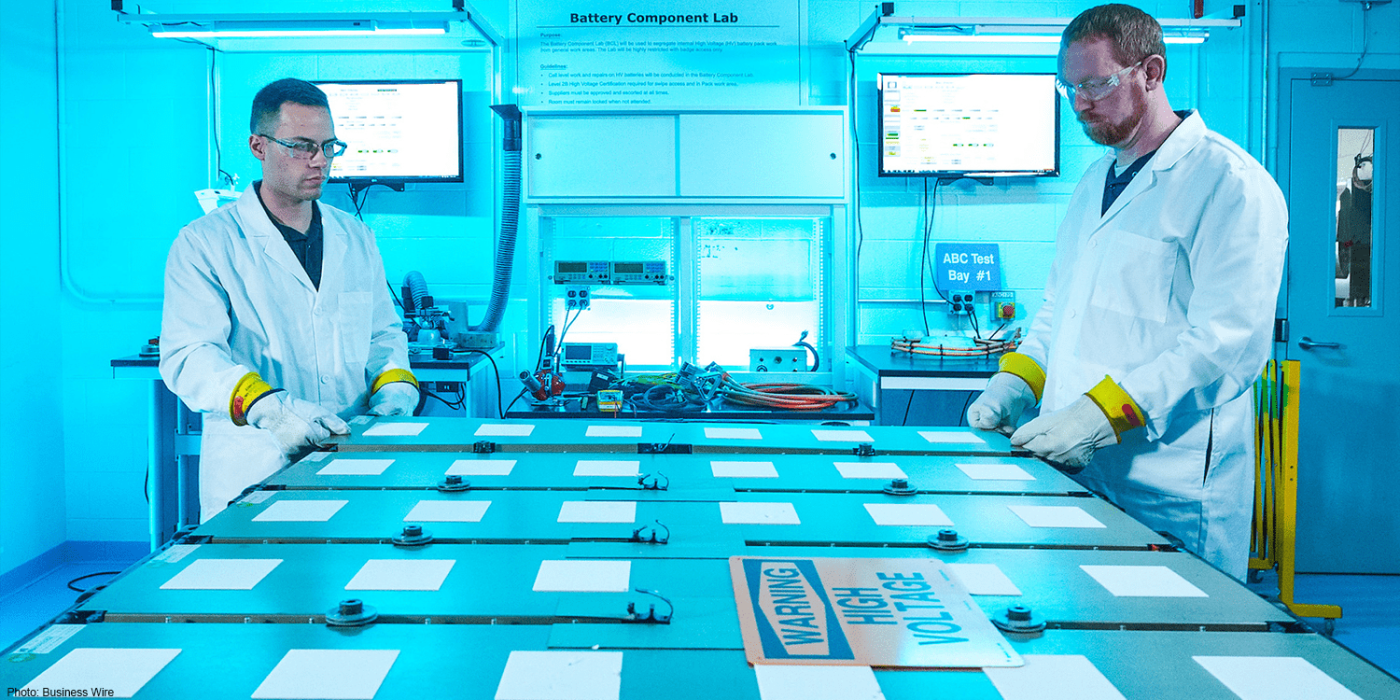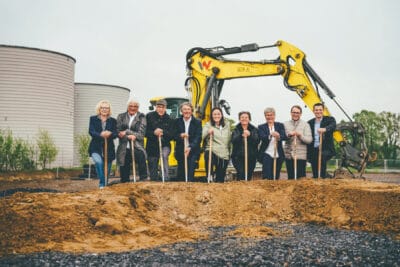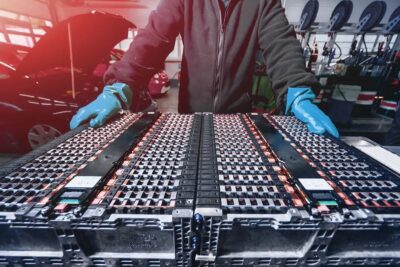USA announces measures to invest in battery supply sector
The Federal Consortium on Advanced Batteries (FCAB) has published the “National Blueprint for Lithium Batteries”, which is intended to serve as a guide for investments to develop a battery value chain in the USA for the production of lithium batteries. The guide covers areas from raw material sourcing to recycling of battery materials. As the organizers put it, a series of actions is underway to “strengthen the domestic advanced battery supply chain”.
Measures include more obvious investments, such as the move to strengthen US manufacturing requirements through federally-funded grants, cooperative agreements, and research and development contracts with industry. This investment is being funded with more than $8 billion in climate and energy innovation funding requested in the Department of Energy’s FY22 budget. Over $200 million are especially earmarked to support battery technology research, development, and demonstration.
Stationary battery storage is also a subject of interest, and these efforts are already underway. The measure is to build on steps taken earlier this year to leverage $13 million in FEMP’s Assisting Federal Facilities with Energy Conservation Technologies (AFFECT) grants to unlock an estimated $260 million or more in project investments, including battery storage projects.
However, the government is taking anything but a hands-off approach with these industry partnerships, and is working on a national blueprint. The Federal Consortium on Advanced Batteries (FCAB), which is chaired by DOE and includes other key federal agencies is also engaged to support the domestic advanced battery supply chain. The FCAB released the ‘National Blueprint for Lithium Batteries’ “to codify the findings of the Advanced Battery Supply Chain EO Report into a 10-year government-wide plan to urgently develop a domestic lithium battery supply chain that creates equitable clean energy economy jobs in America”.
Additionally, the programme is looking to establish a better grant and loan setup in the USA. The US Department of Energy’s Loan Programs Office (LPO) has published guidance and a fact sheet to explain the various uses of the Advanced Technology Vehicles Manufacturing Loan Program (ATVM), which has approximately $17 billion in lending authority. The ATVM programme can provide loans to manufacturers of vehicle battery cells and packs to retrofit, expand or construct such manufacturing facilities in the United States.
Finally, the DoE also published a list of recommendations for congress to pick up on. It starts with more funding for grants and investments in industry, as well as the recommendation that the government electrify the school bus and transit bus fleets as soon as possible. Consumer rebates and tax incentives to help individuals make the switch to an EV are also recommended, coupled with $15 billion in infrastructure investment to keep the vehicles powered.
Interestingly enough, a recommendation was also made to “Invest in the production of high-capacity batteries and products that use these batteries to support good-paying, union jobs”. This seems logical, especially when looking at the industrial supply chains China has been building over the last decade, while the US has some ground to catch up. However, by focusing on strengthening the local EV economy, the US stands to gain long-term energy independence as well as not having to rely on foreign manufacturing. Further, the publication aims to improve battery material sourcing, and calls for “strong environmental review permitting practices for the extraction of critical minerals.”
energy.gov, energy.gov, energy.gov (PDF), energy.gov, energy.gov (both LPO)





0 Comments